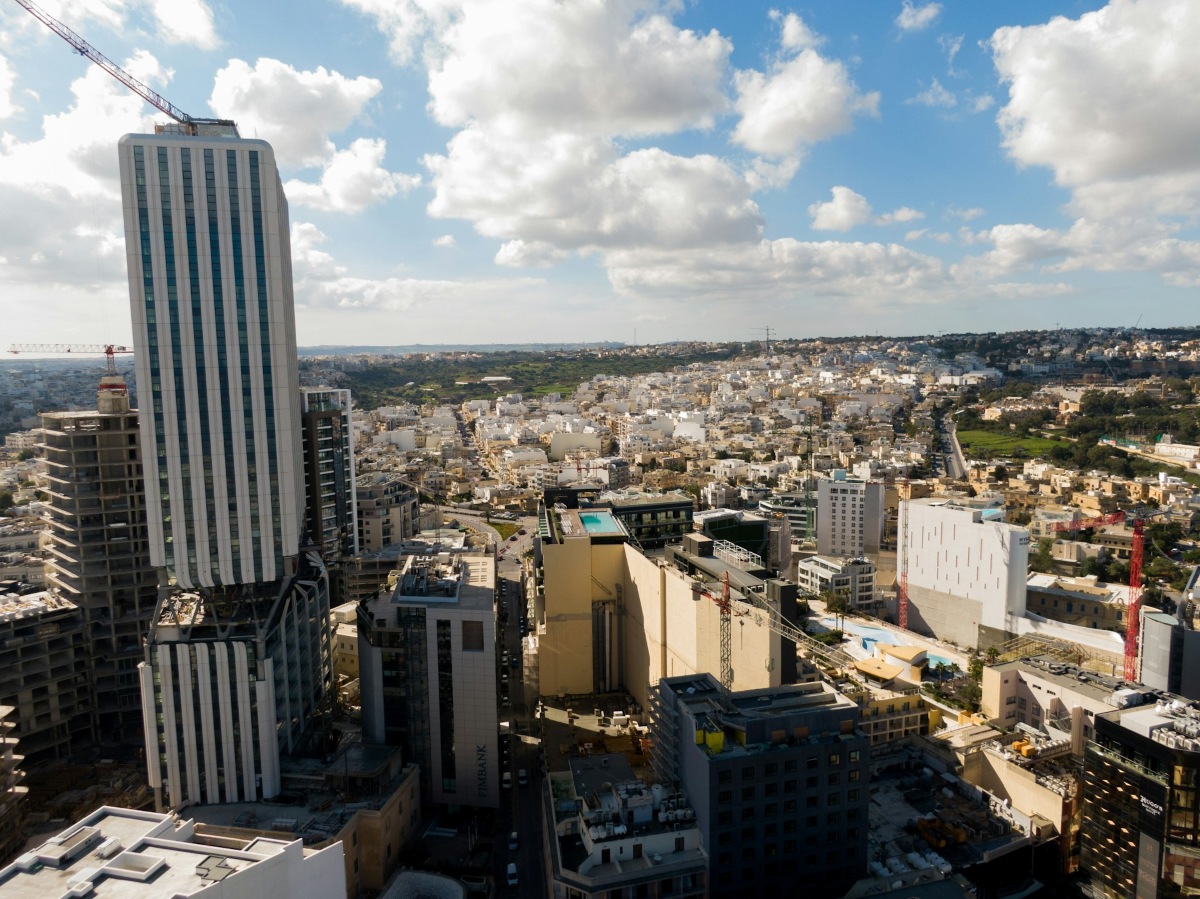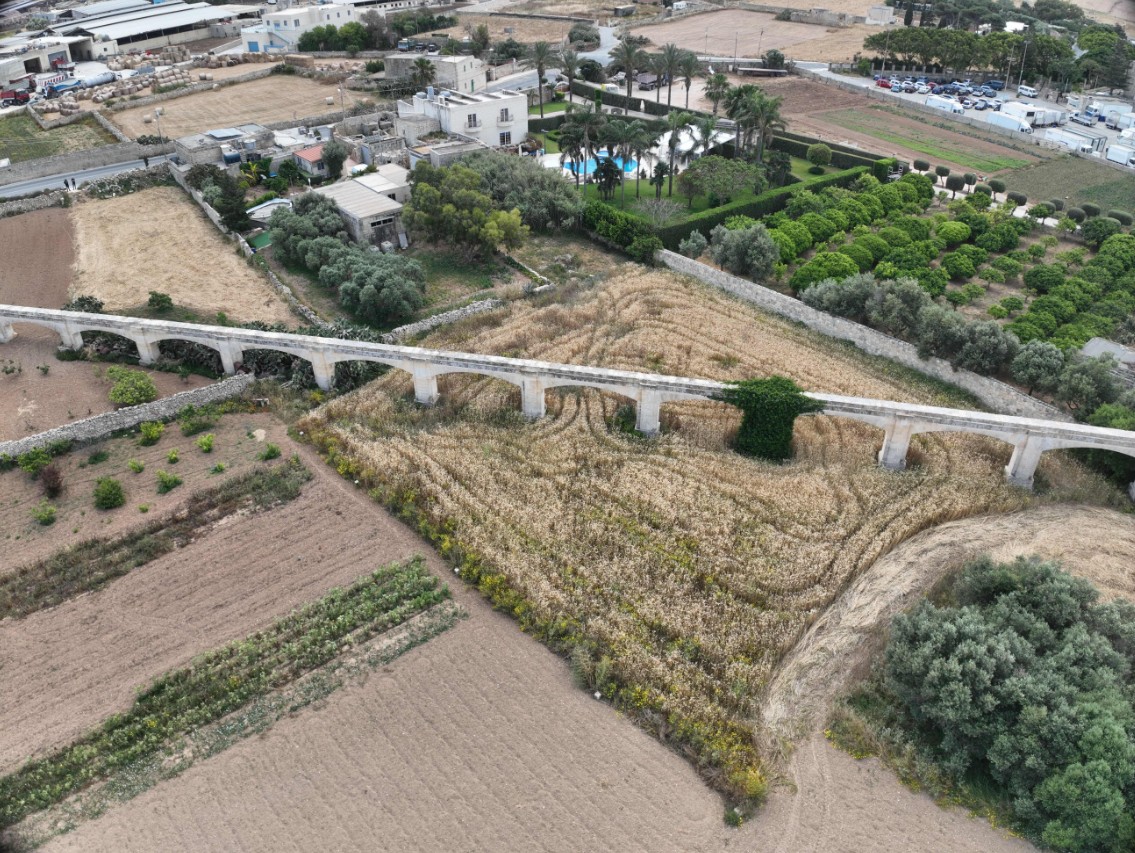Malta’s economy showed signs of resilience in April, with economic activity continuing to grow moderately above its long-term average, according to the Central Bank of Malta’s May 2025 Economic Update.
The Bank’s Business Conditions Index (BCI) signalled a slight improvement in annual growth, supported by stronger tourism arrivals, industrial production, and business sentiment. However, European Commission surveys indicated a dip in overall confidence in April, largely due to a deterioration in the services sector.
Economic policy uncertainty rose sharply, driven by concerns over shifting US tariff policies, but Malta’s own Economic Uncertainty Indicator (EUI) dropped, particularly in industry, suggesting local businesses are slightly less worried about near-term risks.
On the ground, industrial production grew by 10.1 per cent year-on-year in March, while retail trade returned to positive growth at 4.9 per cent. The services sector, however, recorded its first contraction since 2022, largely due to declines in administrative, real estate, and technical activities.
Tourism remained a bright spot: the number of inbound tourists surged nearly 20 per cent over the year, and guest nights rose by almost 15 per cent, although spending per capita slipped slightly due to shorter average stays.
Malta’s property market saw a rise in building permits and promise-of-sale agreements, although the number of final deeds dipped compared to last year.
In terms of public finances, the Consolidated Fund registered a wider deficit of €145.4 million in March, driven by higher government expenditure – particularly on personal emoluments under a new civil service agreement – which offset modest gains in tax revenue.
Inflation ticked up: the Harmonised Index of Consumer Prices (HICP) rose to 2.6 per cent in April, compared to 2.1 per cent in March, mainly due to higher food and services prices. Retail Price Index (RPI) inflation also increased to 2.4 per cent.
On the financial side, deposits held by Maltese residents grew by 8.7 per cent over the year to March, while credit growth remained steady at 8.5 per cent. Lending to households, especially mortgages, held strong, though loans to non-financial corporations rose sharply in sectors such as accommodation, food services, construction, and real estate.
In the capital markets, the yield on Malta’s ten-year government bonds eased to 3.30 per cent by the end of April, while the Malta Stock Exchange Equity Price Index declined by 2.7 per cent.
Overall, the update paints a mixed picture: While Malta’s economy continues to expand, supported by tourism and manufacturing, rising inflation and persistent Government deficits present challenges to watch closely in the months ahead.
Malta’s housing prices jump 13% over last five years, more than triple EU average
House prices in the EU rose by an average of 5.4 per cent year-on-year, marking the seventh consecutive annual increase
MEPs urge stronger EU investment
Parliament pushes for measures to boost financing, competitiveness, and economic resilience across the bloc
Fawwara aqueduct granted heritage protection by Planning Authority
The decision followed a request for reconsideration by a landowner






